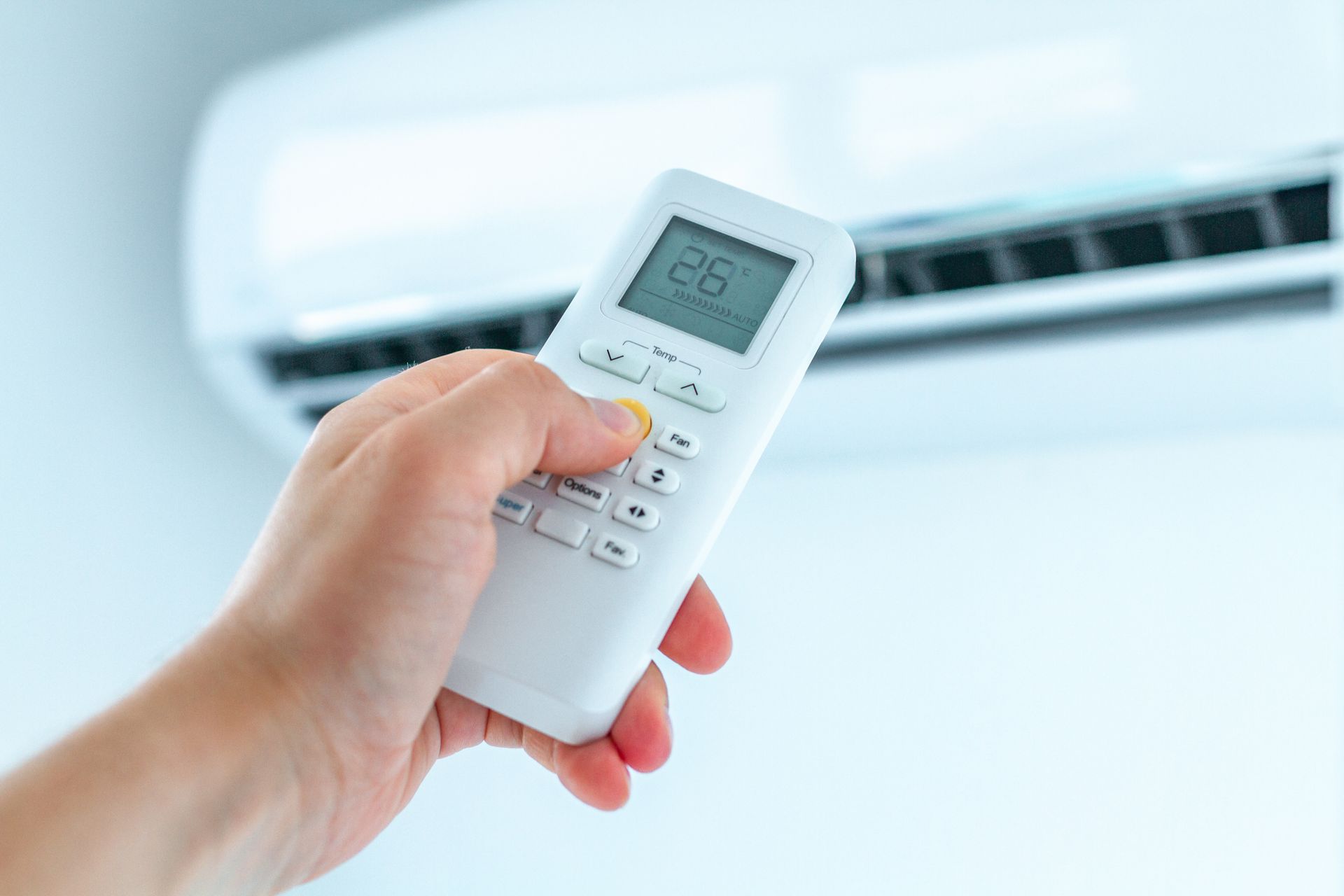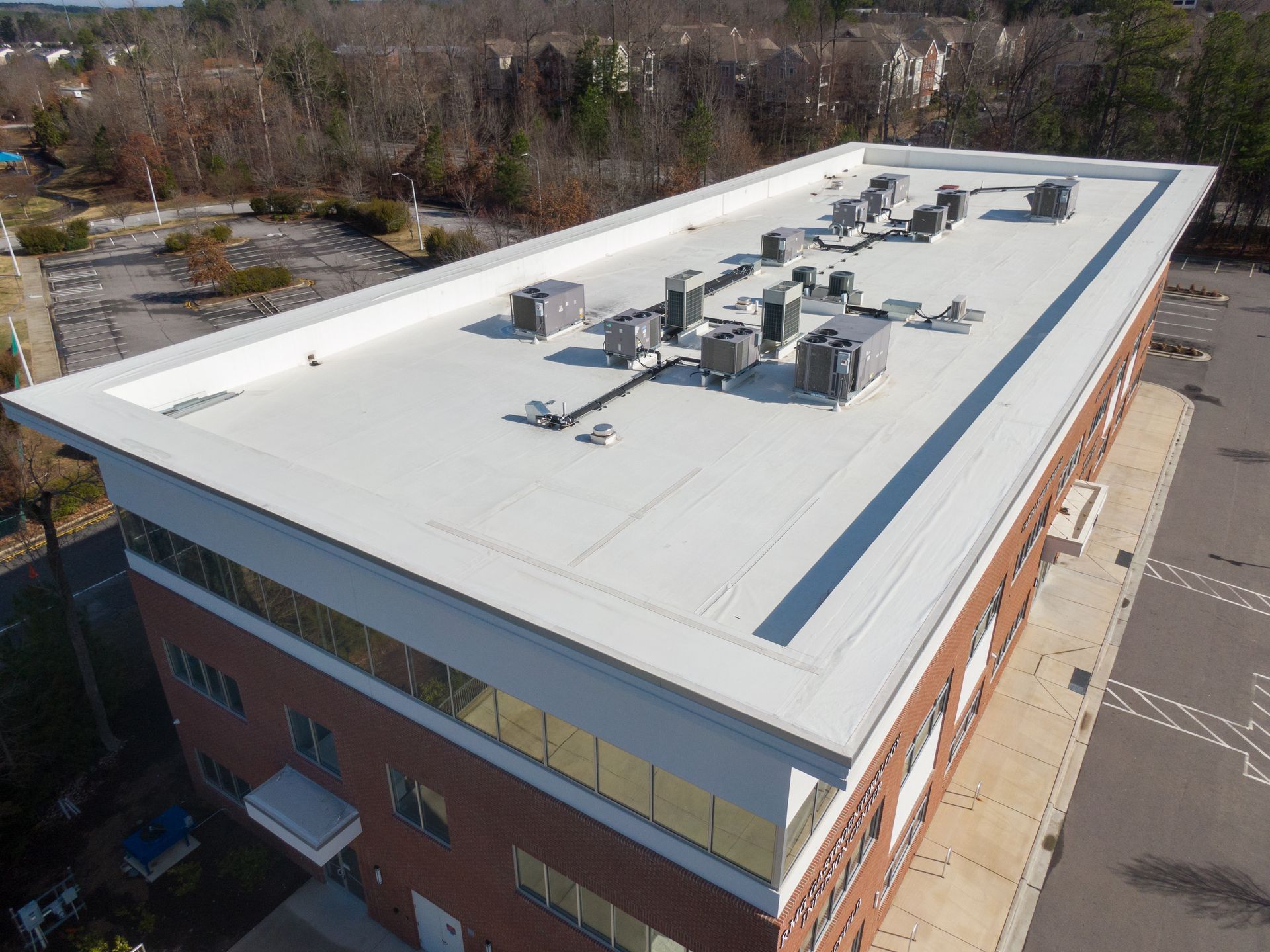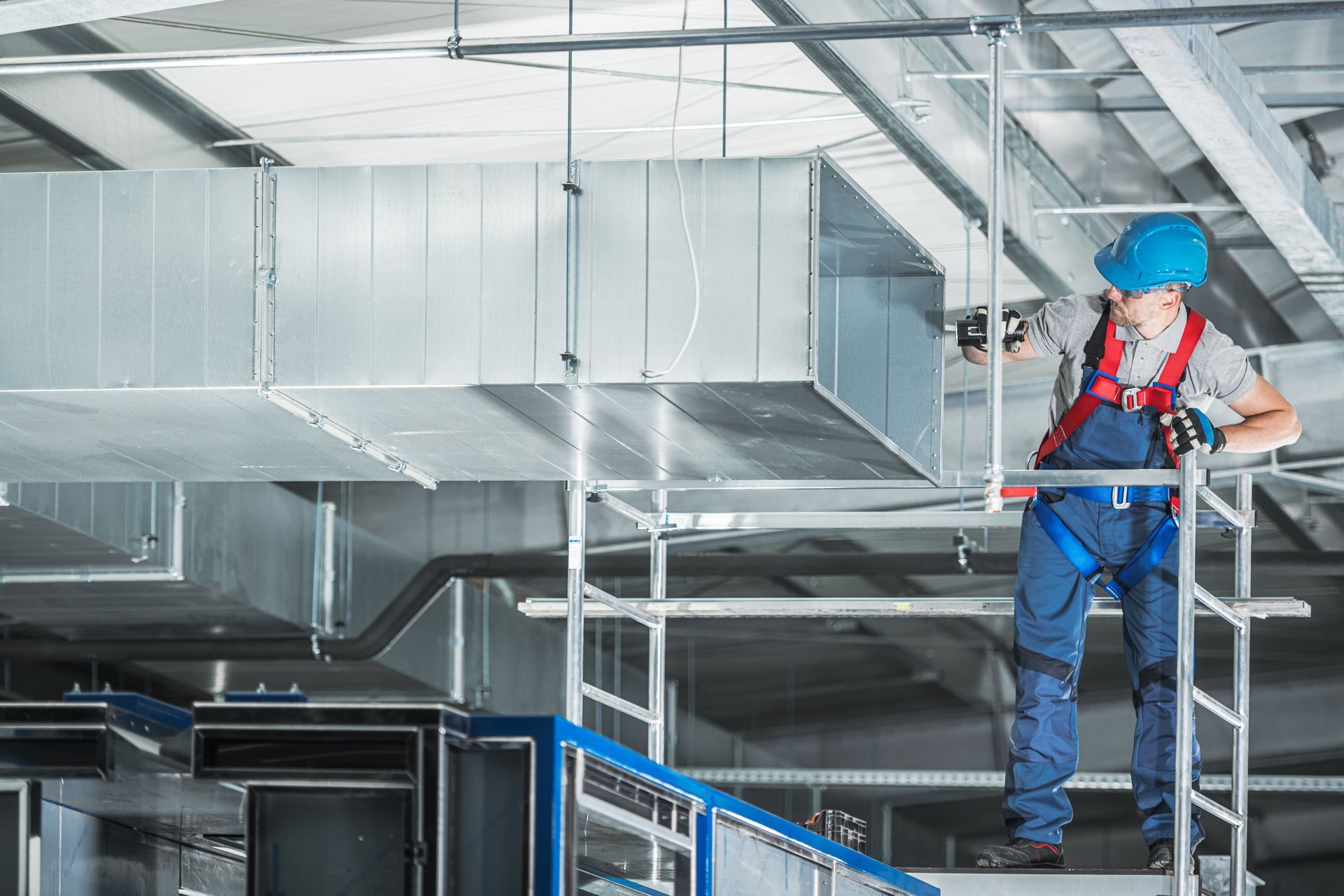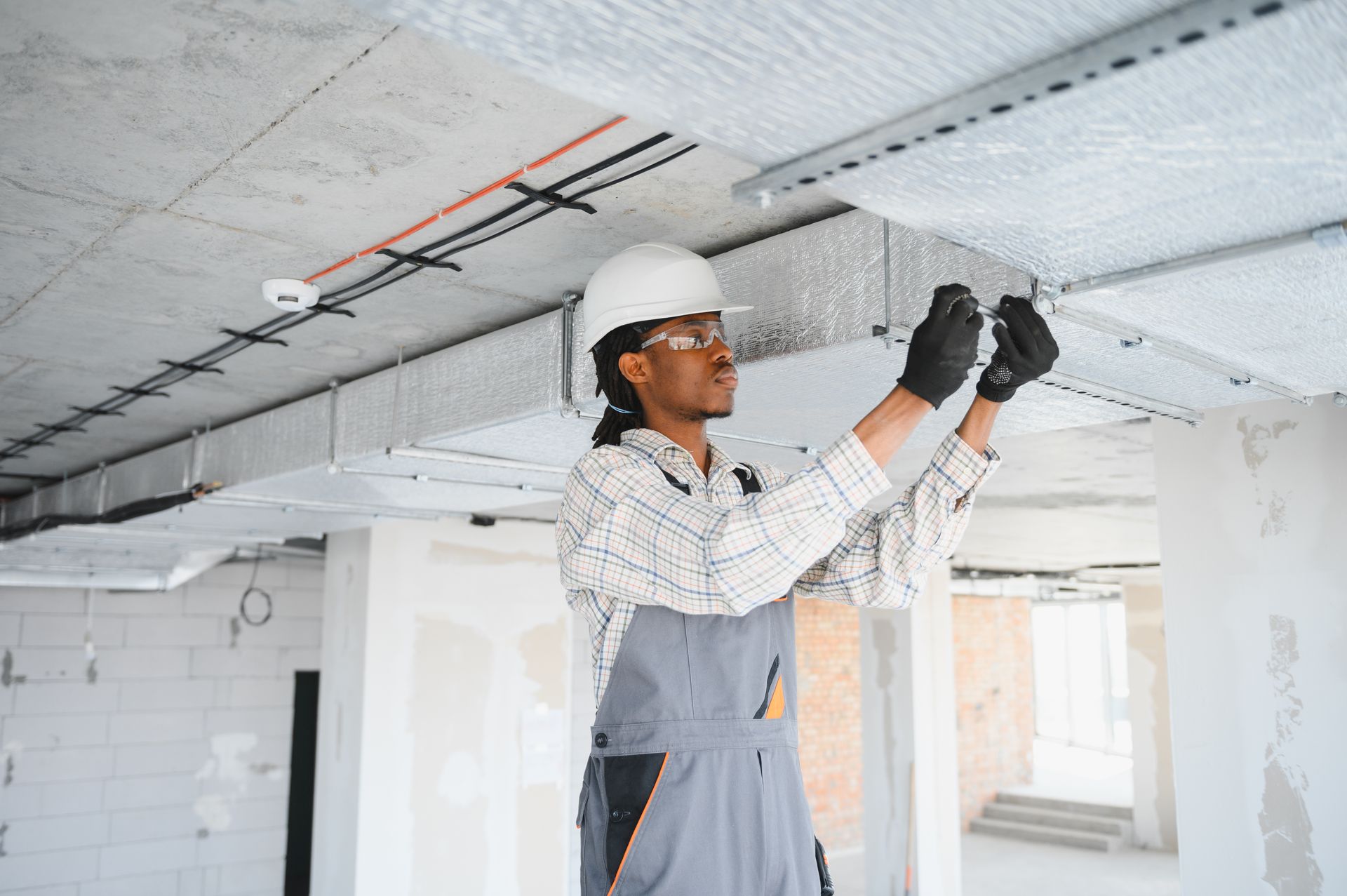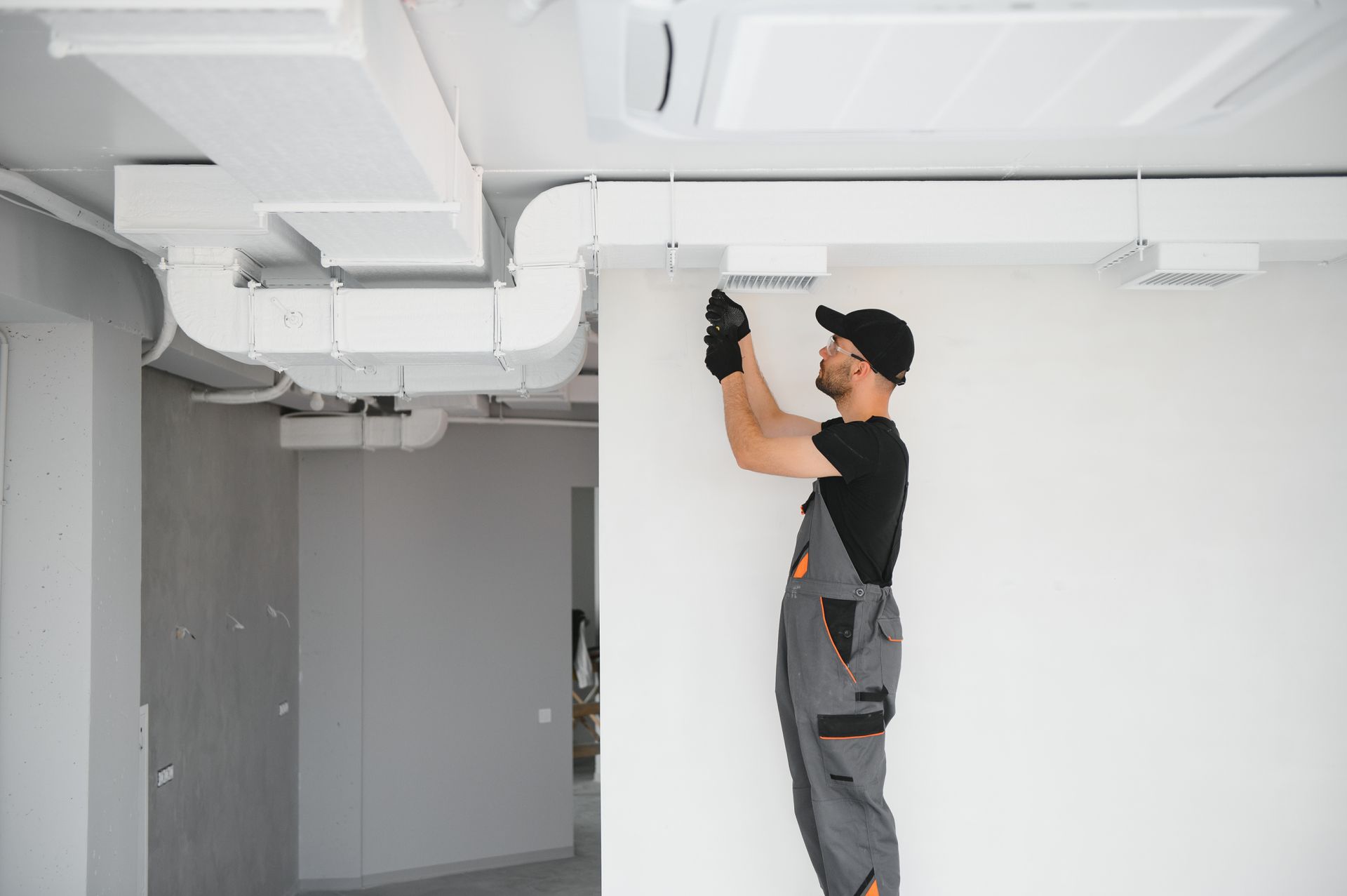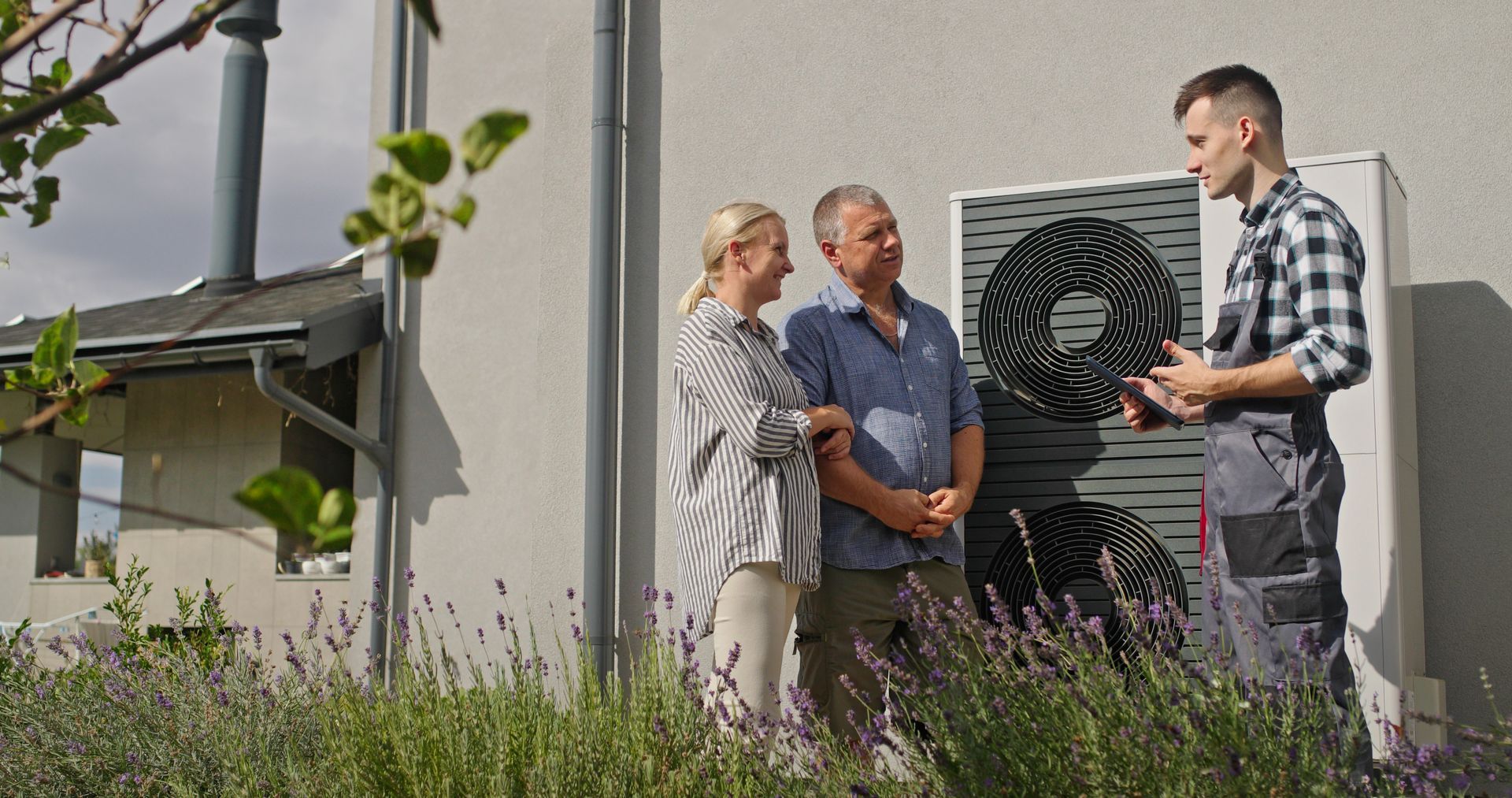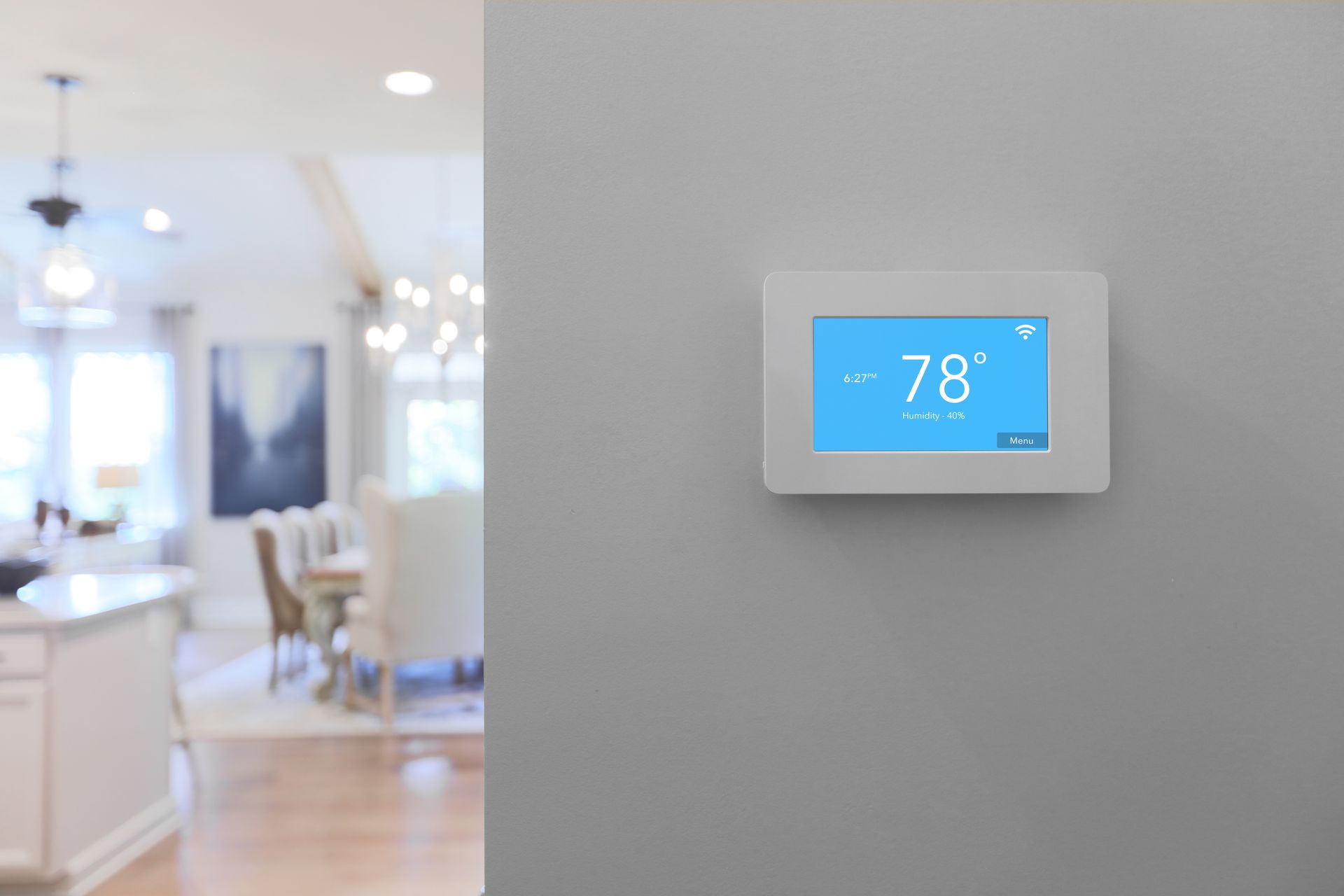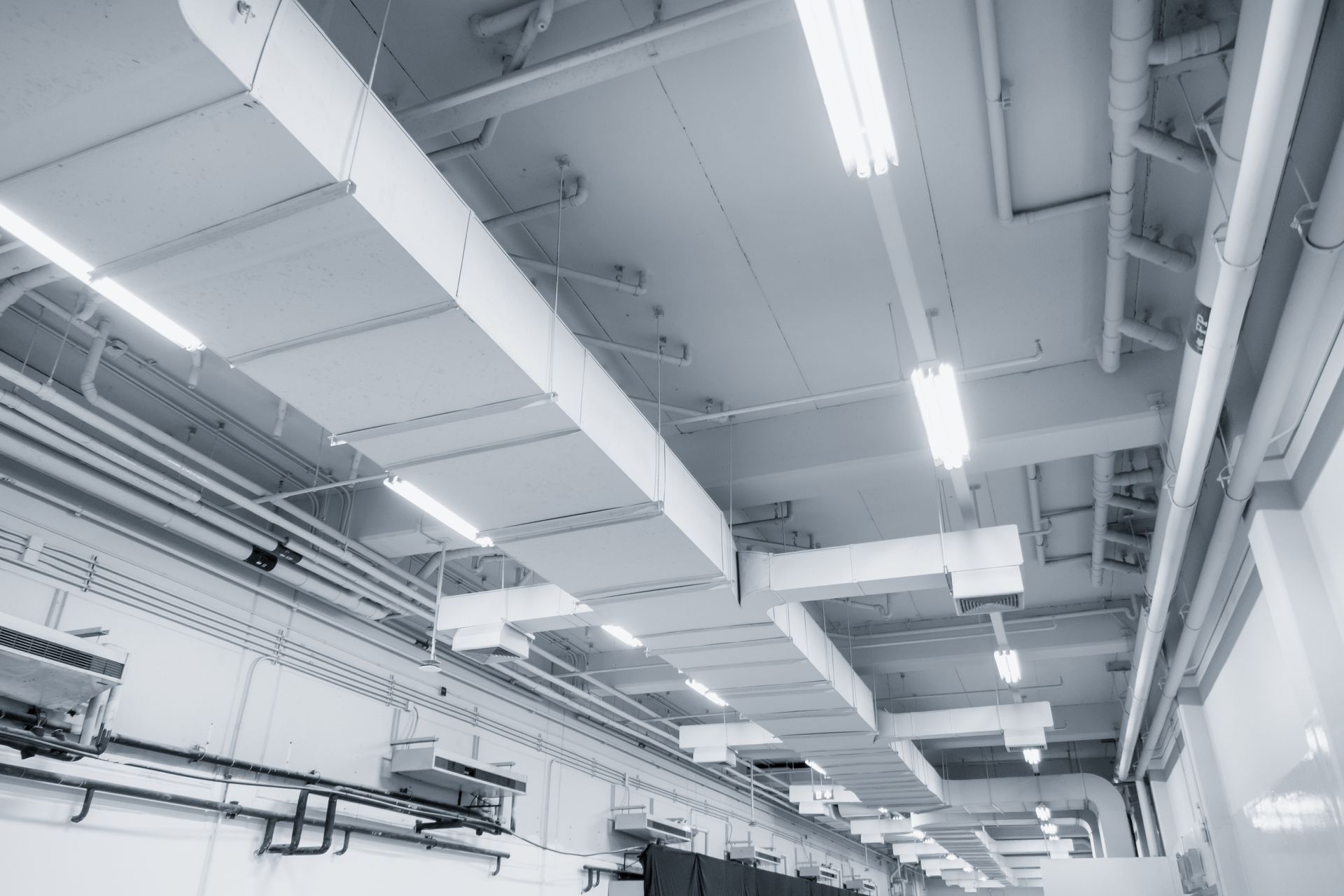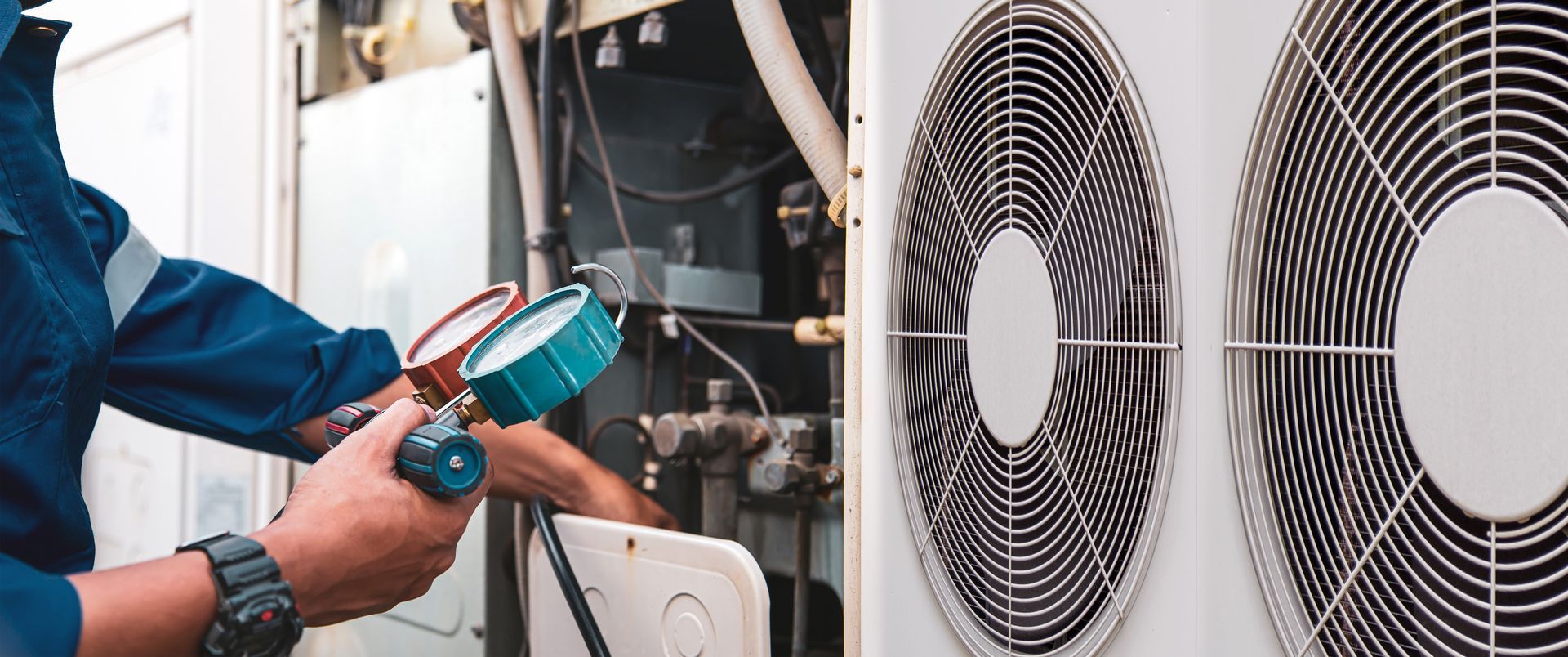Optimizing Indoor Air Quality in Commercial Buildings
Indoor air quality (IAQ) is a critical factor that directly impacts the health, comfort, and productivity of occupants in commercial buildings. Poor IAQ can lead to various health issues, including respiratory problems, allergies, and reduced cognitive function. Optimizing indoor air quality is not only crucial for the well-being of occupants but also for the overall success of businesses. In this article, we will explore expert tips and strategies for improving IAQ in commercial buildings.
Understanding Indoor Air Quality (IAQ) Factors
To effectively optimize IAQ, it is important to understand the factors that contribute to indoor air pollution. Common pollutants and contaminants found in commercial buildings include volatile organic compounds (VOCs), mold spores, dust mites, pollen, and bacteria. These pollutants can originate from various sources, including HVAC systems, building materials, cleaning products, and occupant activities. Poor IAQ can result in symptoms such as coughing, sneezing, eye irritation, and fatigue.
Implementing Proper Ventilation Systems
Adequate ventilation is essential for maintaining good IAQ in commercial buildings. It ensures the supply of fresh outdoor air while removing indoor pollutants. Ventilation systems can include natural ventilation, mechanical ventilation, or a combination of both. Proper design and operation of ventilation systems, in accordance with industry guidelines, help ensure optimal air exchange rates, preventing the buildup of contaminants.
Effective Air Filtration and Purification Strategies
Air filtration plays a crucial role in removing airborne particles and pollutants. High-efficiency air filters should be selected based on the specific needs of the commercial building. The efficiency of air filters is measured using the Minimum Efficiency Reporting Value (MERV) rating system. Additionally, supplemental air purification technologies like UV germicidal irradiation and ionization can be employed to further improve IAQ by reducing microorganisms and odors in the air.
Managing Humidity Levels
Maintaining appropriate humidity levels in commercial buildings is essential for preventing mold growth, controlling allergens, and ensuring occupant comfort. Excess moisture can lead to mold and bacteria growth, while low humidity levels can cause dryness and discomfort. Proper design, operation, and maintenance of HVAC systems, including humidifiers and dehumidifiers, help regulate humidity levels within recommended ranges.
Minimizing Indoor Pollutants and VOCs
Reducing indoor pollutants and volatile organic compounds (VOCs) is crucial for improving IAQ. Regular cleaning and maintenance practices, such as vacuuming and dusting, help minimize the accumulation of pollutants. Choosing low-emission building materials and furnishings that meet green standards can also contribute to reducing VOC levels in commercial spaces. Proper waste management and implementing green cleaning practices further aid in minimizing indoor pollutants.
Educating and Engaging Occupants
Creating awareness among building occupants about the importance of IAQ and their role in maintaining a healthy indoor environment is crucial. Education on best practices for ventilation, proper use of equipment, and the impact of activities on IAQ can empower occupants to make informed decisions. Engaging occupants through regular communication, providing IAQ guidelines, and encouraging feedback helps foster a sense of responsibility and collaboration in maintaining good IAQ.
Monitoring and Testing Indoor Air Quality
Regular monitoring and testing of IAQ are essential to assess the effectiveness of implemented strategies and identify areas that need improvement. IAQ sensors and monitoring systems can provide real-time data on temperature, humidity, carbon dioxide levels, and other relevant parameters. Periodic IAQ testing conducted by professionals helps evaluate pollutant levels, identify potential sources of contamination, and guide corrective actions.
Collaboration with HVAC Professionals in Hampden County
Working with experienced commercial HVAC contractors is vital for achieving and maintaining optimal IAQ in commercial buildings. These professionals can conduct thorough IAQ assessments, offer tailored solutions, and provide expert guidance on ventilation, air filtration, humidity control, and system maintenance. Regular HVAC system inspections, tune-ups, and filter replacements carried out by professionals ensure the ongoing effectiveness of IAQ strategies.
Optimizing indoor air quality in commercial buildings is crucial for promoting the health, comfort, and productivity of occupants. By implementing proper ventilation systems, effective air filtration and purification strategies, managing humidity levels, minimizing indoor pollutants and VOCs, and engaging occupants, businesses can significantly enhance IAQ. Regular monitoring and testing, along with collaboration with HVAC professionals, ensure continuous improvement and maintenance of IAQ standards. Prioritizing IAQ in commercial buildings not only creates a healthier and more pleasant environment for occupants but also contributes to the success and reputation of businesses.
By prioritizing IAQ and partnering with HVAC professionals, commercial buildings in Hampden County can create healthier and more comfortable environments for occupants, leading to improved productivity, reduced health risks, and enhanced overall satisfaction.
